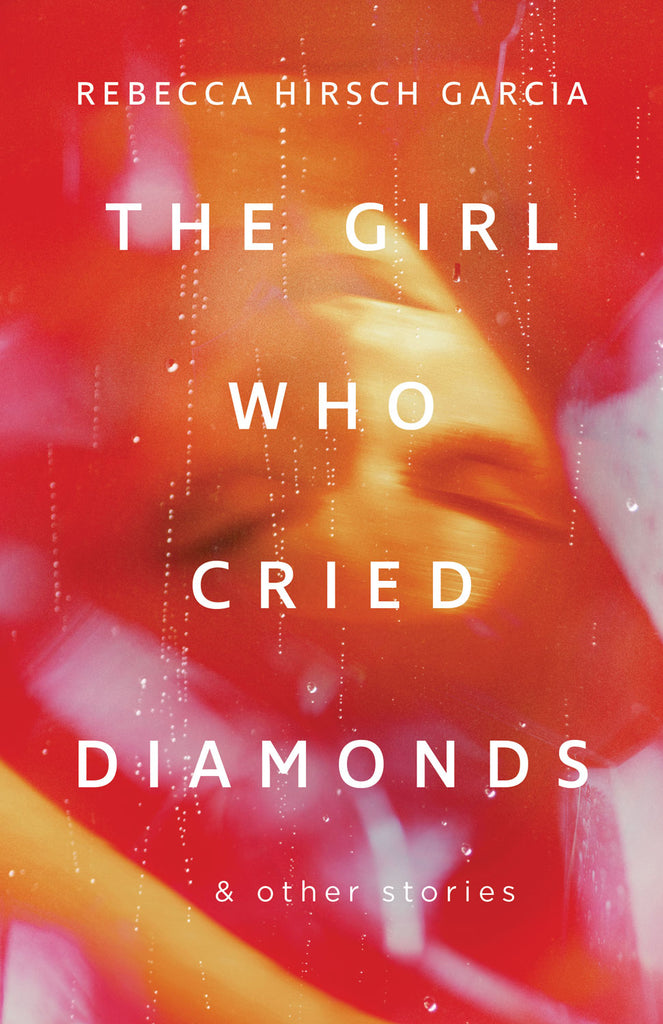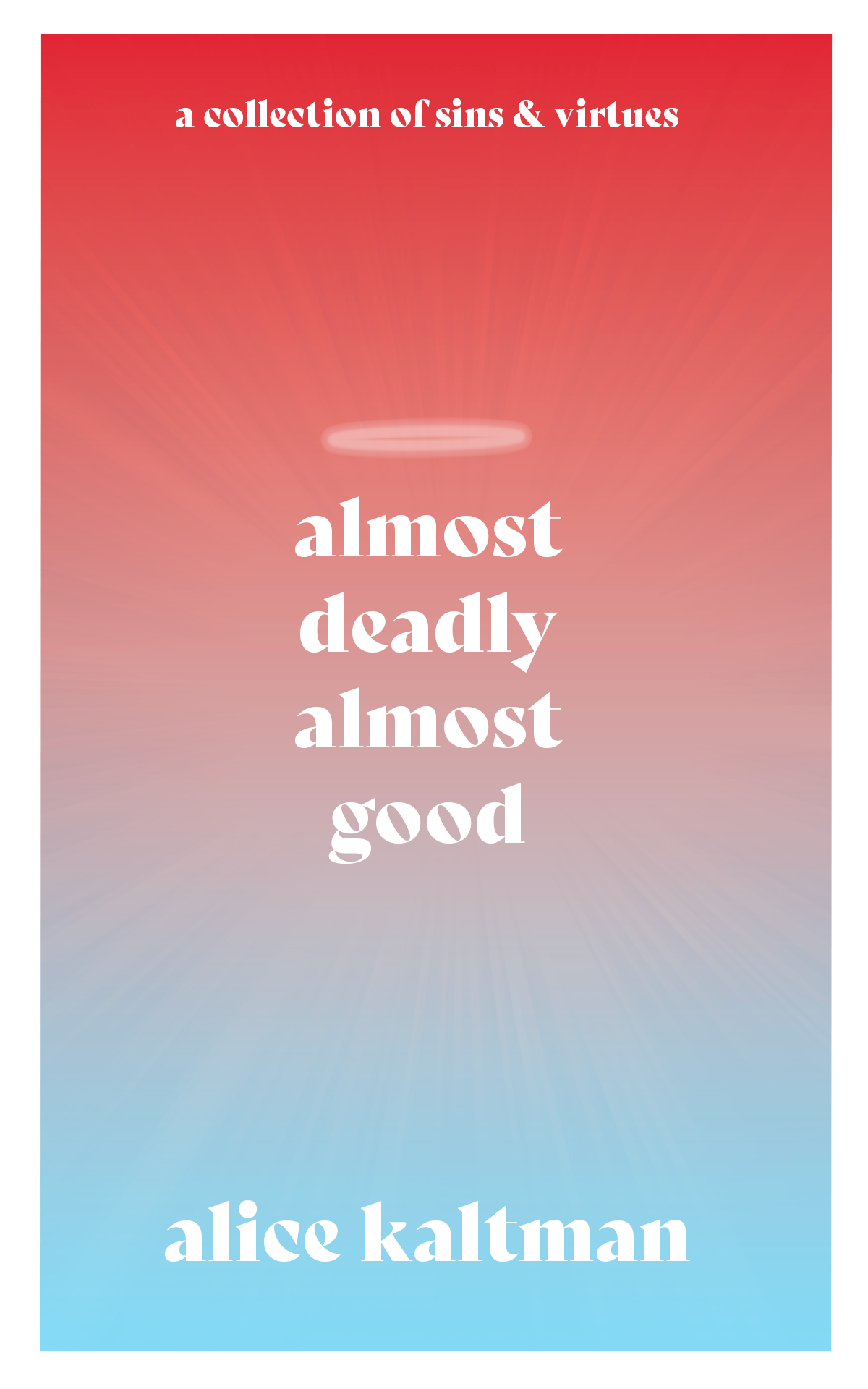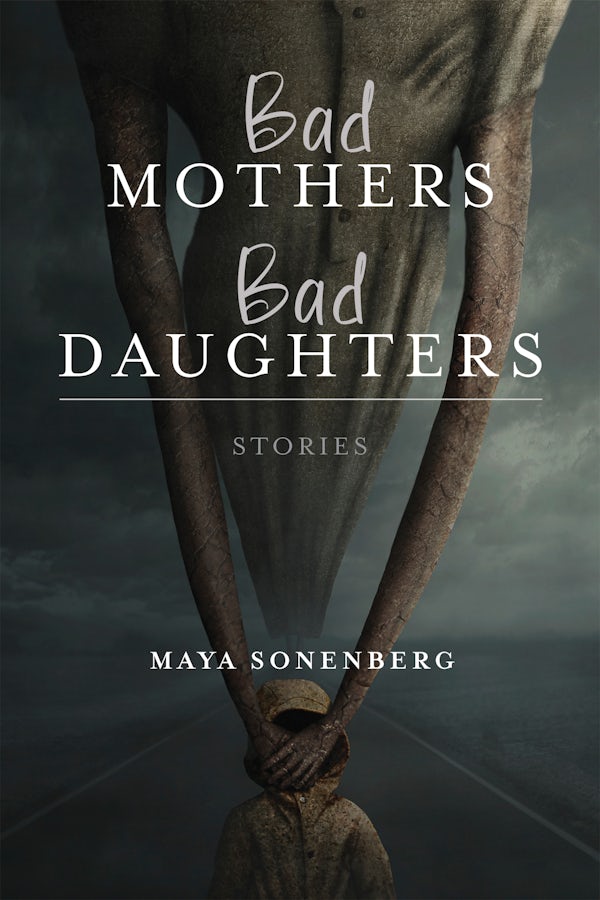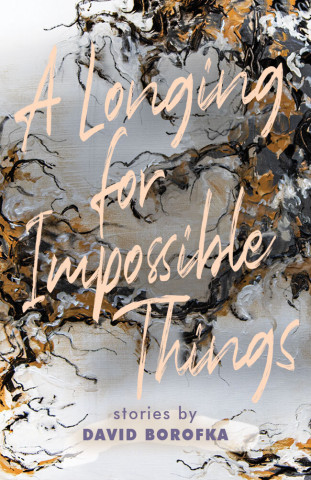 Through sparse prose, a keen eye for detail, and sharp social critique, the stories in Rainbow Rainbow create a sense of fluidity both in scope and philosophy grounded only by the limitations of the body and the identities we associate with it.
Through sparse prose, a keen eye for detail, and sharp social critique, the stories in Rainbow Rainbow create a sense of fluidity both in scope and philosophy grounded only by the limitations of the body and the identities we associate with it.
Tag: short stories
A review of Review of Pigeon House by Shilo Niziolek
 Niziolek does not play safe with any of her stories; ‘The Fisherman’s Wife’, for example, at first appears like a folkloric tale told many times before, but Niziolek’s vengeful twist provides this tale with a squeeze of lemon. There is something gloriously satisfying and almost palate cleansing in the way Niziolek seeks to subvert her reader’s expectations.
Niziolek does not play safe with any of her stories; ‘The Fisherman’s Wife’, for example, at first appears like a folkloric tale told many times before, but Niziolek’s vengeful twist provides this tale with a squeeze of lemon. There is something gloriously satisfying and almost palate cleansing in the way Niziolek seeks to subvert her reader’s expectations.
A review of An Unshared Secret and Other Stories by Ketaki Datta
 In her latest book of short stories, An Unshared Secret, Ketaki Datta shows her skill with the form, creating a series of twenty short stories set primarily in Datta’s home country of India, mostly in or around Kolkata. The capital of West Bengal is so much a presence in these stories that it almost functions as a character itself, providing more than a backdrop.
In her latest book of short stories, An Unshared Secret, Ketaki Datta shows her skill with the form, creating a series of twenty short stories set primarily in Datta’s home country of India, mostly in or around Kolkata. The capital of West Bengal is so much a presence in these stories that it almost functions as a character itself, providing more than a backdrop.
A review of The Girl Who Cried Diamonds & Other Stories by Rebecca Hirsch Garcia
 But regardless of genre, these character-driven pieces explore uncomfortable truths and show how patriarchal power structures encourage violence against women, physical and psychological. Each story has new characters confronting different forms of abuse and betrayal. Two high schoolers dealing with body issues bully each other with a mix of fascination and revulsion.
But regardless of genre, these character-driven pieces explore uncomfortable truths and show how patriarchal power structures encourage violence against women, physical and psychological. Each story has new characters confronting different forms of abuse and betrayal. Two high schoolers dealing with body issues bully each other with a mix of fascination and revulsion.
A review of I walk Between the Raindrops by T.C. Boyle
 Still hammering away at the keyboard at age 74, T.C. Boyle still maintains his place as America’s grand poobah of literary fiction, particularly displaying his mastery in the short story genre; and this most recent collection of 13 tightly crafted slices of life intermixed with occasional forays into his beloved magical realism prove that he is still at the top of his game.
Still hammering away at the keyboard at age 74, T.C. Boyle still maintains his place as America’s grand poobah of literary fiction, particularly displaying his mastery in the short story genre; and this most recent collection of 13 tightly crafted slices of life intermixed with occasional forays into his beloved magical realism prove that he is still at the top of his game.
A review of Just Outside the Tunnel of Love by Francine Witte
 There’s heartbreak and humor, magic and flawed humanity, disappointment and longing, charming wordplay and breathtaking literary craft, but no happy endings. Cheating husbands and boyfriends abound, as do unreliable fathers, disappointed girlfriends and deceived women stretching all the way back to Eve. Literally.
There’s heartbreak and humor, magic and flawed humanity, disappointment and longing, charming wordplay and breathtaking literary craft, but no happy endings. Cheating husbands and boyfriends abound, as do unreliable fathers, disappointed girlfriends and deceived women stretching all the way back to Eve. Literally.
A review of The Taiga Syndrome by Cristina Rivera Garza
 Throughout the text Garza challenges the readers memory of what came before in the text using the window, but also through the pervasive repeated “I remember(s)” that occur throughout the text. Each time a thing is remembered it is changed, slightly altered. Which begs the question, how is what we have read previously in the text altered through both the frame of our own remembrance of it and the continual recollections of the narrator?
Throughout the text Garza challenges the readers memory of what came before in the text using the window, but also through the pervasive repeated “I remember(s)” that occur throughout the text. Each time a thing is remembered it is changed, slightly altered. Which begs the question, how is what we have read previously in the text altered through both the frame of our own remembrance of it and the continual recollections of the narrator?
A review of Almost Deadly, Almost Good by Alice Kaltman
 Almost Deadly, Almost Good is a complex web of sins and virtues that presents a wider, more multidimensional world. The stories are fantastic melodrama and human emotion and demonstrate the nature of humanity in more than black and white terms.
Almost Deadly, Almost Good is a complex web of sins and virtues that presents a wider, more multidimensional world. The stories are fantastic melodrama and human emotion and demonstrate the nature of humanity in more than black and white terms.
A review of Bad Mothers, Bad Daughters by Maya Sonenberg
 As the reader gets into the stories, the fairytale nature of their shortcomings likewise becomes clear, giving these stories an air of fable – not a moral lesson so much as an insight into human frailties and failings, both mothers and their offspring, merely two sides of the same coin; a parade of characters who come up short.
As the reader gets into the stories, the fairytale nature of their shortcomings likewise becomes clear, giving these stories an air of fable – not a moral lesson so much as an insight into human frailties and failings, both mothers and their offspring, merely two sides of the same coin; a parade of characters who come up short.
A review of A Longing for Impossible Things by David Borofka
 Regardless of the failings of his narrators and assorted ne’er do well characters, these tales are told in a generous, recognizably human voice, marking Borofka as a writer in whose company you’ll find deep pleasure. Characters’ failings are both unflinchingly observed and held in tender, witty regard, even after a lifetime of screw ups. Most are wrestling with the gap between their modest youthful dreams and the limits imposed by adult realities.
Regardless of the failings of his narrators and assorted ne’er do well characters, these tales are told in a generous, recognizably human voice, marking Borofka as a writer in whose company you’ll find deep pleasure. Characters’ failings are both unflinchingly observed and held in tender, witty regard, even after a lifetime of screw ups. Most are wrestling with the gap between their modest youthful dreams and the limits imposed by adult realities.